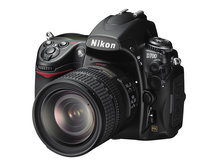Interesting NYT column by David Brooks.
When he is swept up in rhetorical fervor, Obama occasionally says that his campaign is 90 percent funded by small donors. He has indeed had great success with small donors, but only about 45 percent of his money comes from donations of $200 or less.
The real core of his financial support is something else, the rising class of information age analysts. Once, the wealthy were solidly Republican. But the information age rewards education with money. There are many smart high achievers who grew up in liberal suburbs around San Francisco, L.A. and New York, went to left-leaning universities like Harvard and Berkeley and took their values with them when they became investment bankers, doctors and litigators.
Political analysts now notice a gap between professionals and managers. Professionals, like lawyers and media types, tend to vote and give Democratic. Corporate managers tend to vote and give Republican. The former get their values from competitive universities and the media world; the latter get theirs from churches, management seminars and the country club.
The trends are pretty clear: rising economic sectors tend to favor Democrats while declining economic sectors are more likely to favor Republicans. The Democratic Party (not just Obama) has huge fund-raising advantages among people who work in electronics, communications, law and the catchall category of finance, insurance and real estate. Republicans have the advantage in agribusiness, oil and gas and transportation. Which set of sectors do you think are going to grow most quickly in this century’s service economy?

